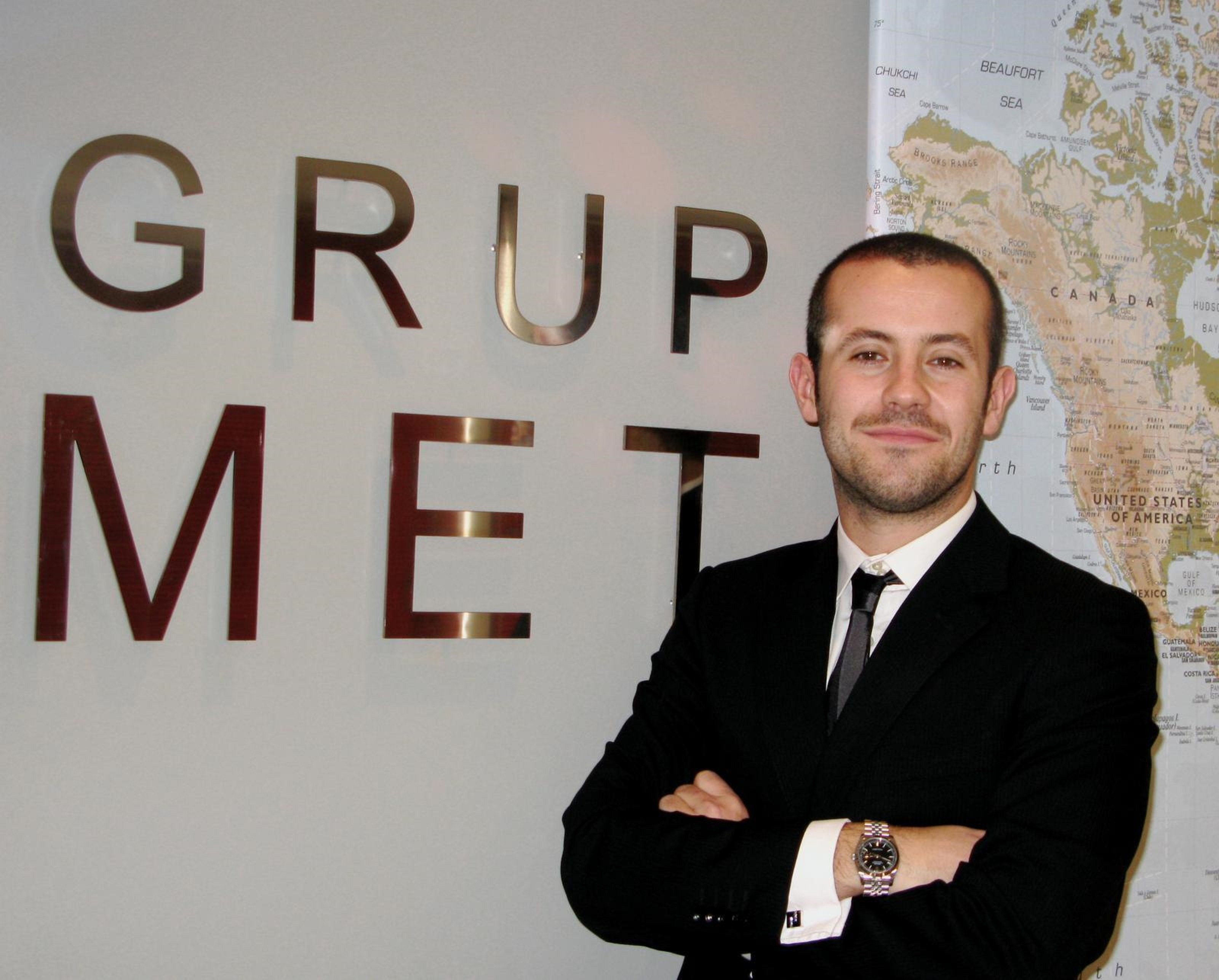In a context in which coronavirus detection tests lack certification and approval due to the high demand for them, the huge Asia Pacific Economic Cooperation (APEC) forum contracted the Catalan company Grup Met to be official supplier of coronavirus detection kits, not only in the 21 Pacific-rim countries belonging to APEC but in a total of more than 30 countries. In statements to ElNacional.cat, the president of Grup Met, Francesc Maristany, stated that "the governments here ignore us, we've given everyone our contacts and no-one has lifted a finger", he says with resignation. "It's incomprehensible."
In fact, Met Group is the representative and distributor of MondeB2B, APEC's public-private marketplace platform. They are the logistics partner in Spain for the platform and have now adapted their textile-focused logistics to the needs of coronavirus, "mainly for polymerase chain reaction (PCR) tests, gloves and face masks," says Maristany, "because they are items that are now so heavily in demand that there is a tendency to fake them." They can thus guarantee certification and urgent shipment around the world.
Since the pandemic began, Met Group has sent as many as 20 million PCR tests to more than 30 countries. But Spain isn't among them. Why? "It's not because we haven't contacted anyone here," but because "they ignore us." PCR tests are the established diagnostic means used to detect Covid-19 with 95% reliability, and those distributed by Met Group are manufactured in South Korea and Singapore, and their price is around 30 US dollars per test.
Spain preferred to buy presumptive kits, which are cheaper and made in China, and were the focus of the controversy a few days ago. "It's not that they are fake or faulty, but they're not the right ones to detect the coronavirus, because they have a reliability of 30 or 35%", and the price is also lower, 5-7 dollars a test, says the Met Group president. With regard to this controversy, Maristany explains that "it is surprising that they didn't contact us and instead contacted others without certifications". He asserts that "this shows that these decisions are not being made by those who should be making them, they are taken by politicians when they should be taken by specialists."
"Governments behaving like absent parents"
For Maristany, "it is incomprehensible" that "having the access to us which we have given them, the governments here haven't bothered to do anything. As far as I know they have not placed a single order." According to the founder of Grupo Met, part of the problem is that "there is a lack of public-private projects."
"I understand that in the public sector there are very clear time periods involved for things and everything moves slowly, which is why the public-private model is needed to speed things up." According to him, "in an emergency the response must be quick, and here the responses are conspicuous by their absence," says Maristany. "The governments are behaving like absent parents."

